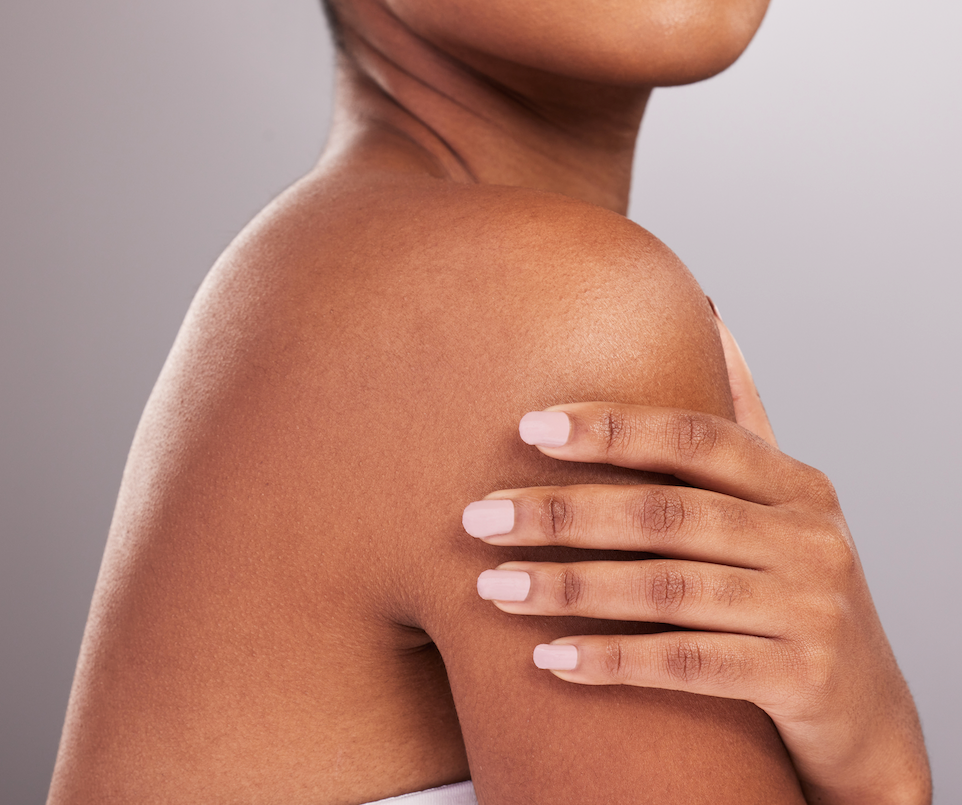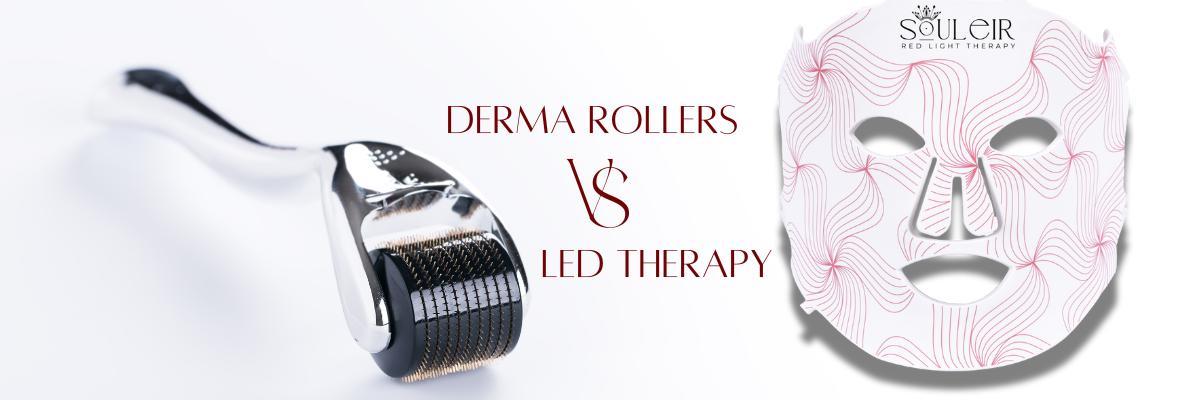
The Science Behind Light Therapy: Why Precision Matters More Than Power
Imagine if you could give your skin cells a natural energy boost, helping them repair, regenerate, and function more efficiently.
This isn't science fiction—it's the fascinating world of photobiomodulation, and at its heart lies a microscopic marvel called cytochrome c oxidase.
What is Cytochrome c Oxidase?
Think of cytochrome c oxidase as the power plant of your cells. Nestled within the mitochondria—often called the cell's powerhouse—this critical enzyme is responsible for converting the energy from the food we eat into a form of electrical and chemical energy that our cells can use.
The Light Connection
Here's where it gets fascinating:
Certain wavelengths of light can actually stimulate this enzyme, essentially giving your cells a natural energy boost. It's like providing a gentle, precise electrical charge that helps your cells function more efficiently.
The Irradiance 'Sweet Spot': Why 30-35mW/cm2 is Our Scientific Breakthrough
While many LED therapy devices compete with increasingly high irradiance levels, our approach is fundamentally different. Research reveals a critical scientific principle: more intensity does not equal better results.
At 30-35mW/cm2, we've engineered a precisely calibrated irradiance level that represents the optimal "therapeutic window" for cellular photobiomodulation.
Here's why:
1. Cellular Sensitivity: Excessive light can trigger protective mechanisms that actually reduce therapeutic effectiveness.
2. Mitochondrial Responsiveness: Our intensity ensures maximum cytochrome c oxidase stimulation without cellular stress.
3. Consistent Energy Transfer: Lower, controlled irradiance provides more sustainable and predictable cellular response.
The Science of Cellular Limits
Emerging research demonstrates that light therapy follows a non-linear response curve. Beyond a certain threshold, increased intensity provides diminishing—or even negative—returns. Our 30-35mW/cm2 sits precisely at the point of maximum cellular absorption and minimal stress.
How Light Therapy Really Works
When specific wavelengths of light interact with cytochrome c oxidase, something remarkable happens:
1. Energy Production Increases: The enzyme becomes more efficient at producing ATP (cellular energy)
2. Cellular Metabolism Improves: Cells can process nutrients more effectively
3. Repair Mechanisms Activate: The increased energy supports natural healing processes
4. Oxidative Stress Reduces: Cellular inflammation and damage can be mitigated
Why Intensity Isn't Everything
Contrary to what you might think, more intense light doesn't always mean better results.
Our approach focuses on:
- Precise wavelength selection
- Carefully calibrated intensity
- Consistent, sustainable cellular stimulation
The Myth of "More Power"
Many LED masks on the market boast high-intensity levels, believing that more power equals better results. However, scientific research tells a different story. Excessive light can actually trigger protective cellular mechanisms that reduce the therapy's effectiveness.
Based on current photobiomodulation (PBM) research, 50mW/cm2 is at the threshold of potential cellular stress:
Risks at 50mW/cm2:
- Increased likelihood of triggering photochemical stress responses
- Risk of:
- Mitochondrial protective mechanism activation
- Reduced cellular light absorption efficiency
- Potential oxidative stress
- Diminished therapeutic effectiveness
- Optimal range typically ends around 40 mW/cm2
- 50 mW/cm2 enters a zone of potential cellular overwhelm
- Cells may respond by:
- Reducing metabolic activity
- Activating defensive mechanisms
- Blocking further light absorption
Your Cells' Natural Intelligence
By using a carefully engineered approach, we're working with your body's natural cellular intelligence. It's not about bombarding your cells with energy, but about providing a precise, gentle stimulus that supports their natural healing and regeneration processes.
The Future of Skin Care is Cellular
Photobiomodulation represents a breakthrough in understanding how we can support our skin at the most fundamental level. It's not just about surface-level treatment—it's about supporting your skin's natural ability to heal, regenerate, and thrive.
Disclaimer: While fascinating, light therapy is a developing field. Always consult with healthcare professionals and use devices as directed.
Reference: Kumar, P., & Clark, M. (2009). Clinical medicine (7th ed.). Elsevier. Retrieved from https://pmc.ncbi.nlm.nih.gov/articles/PMC2790317/



